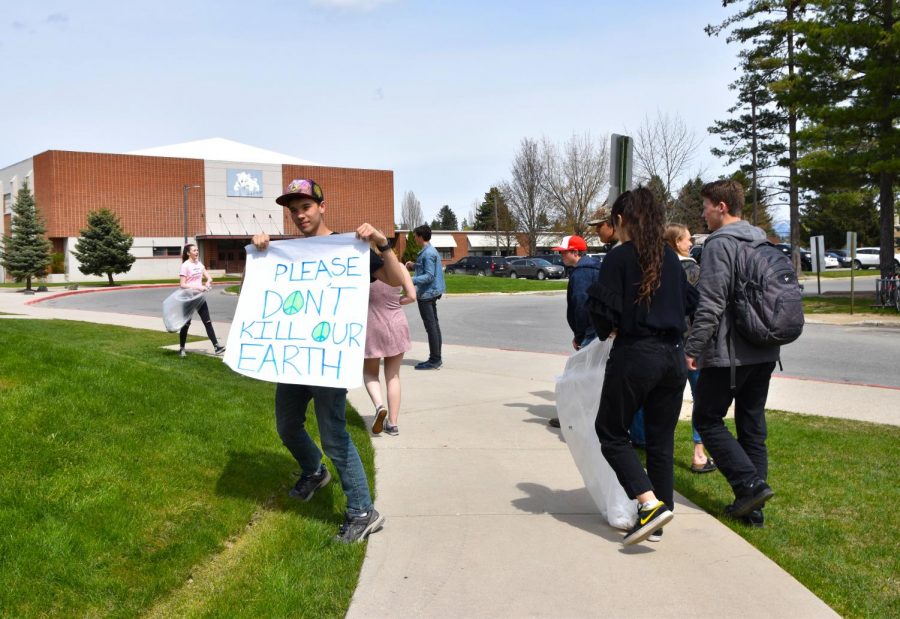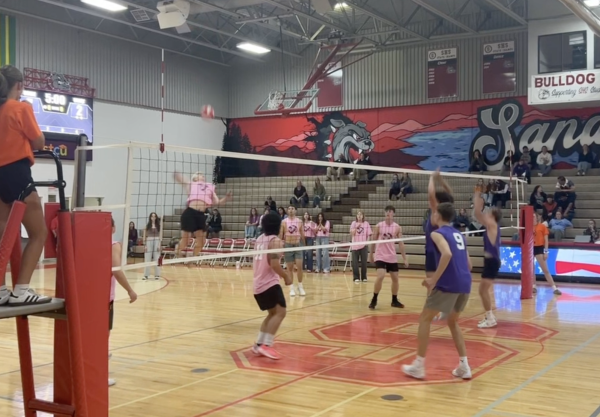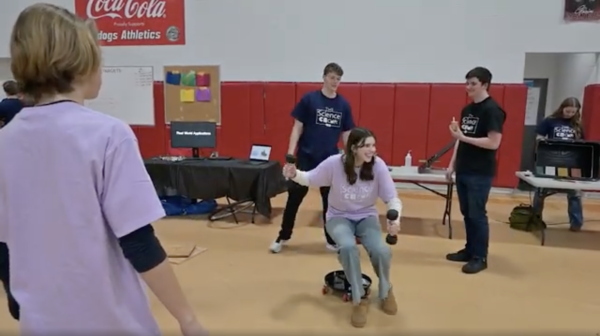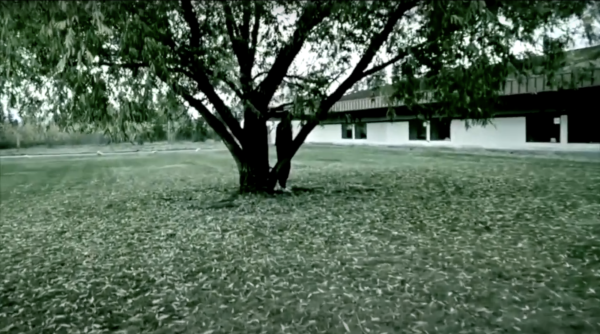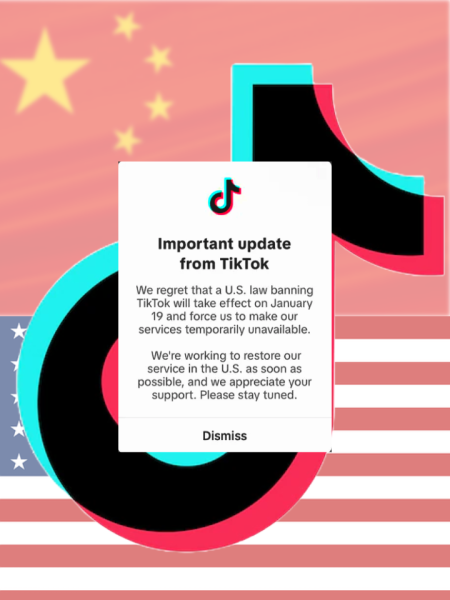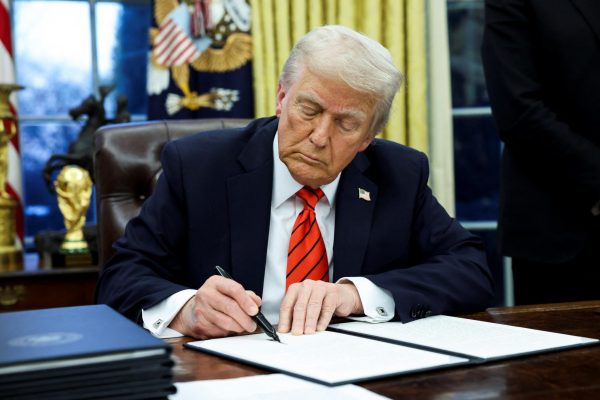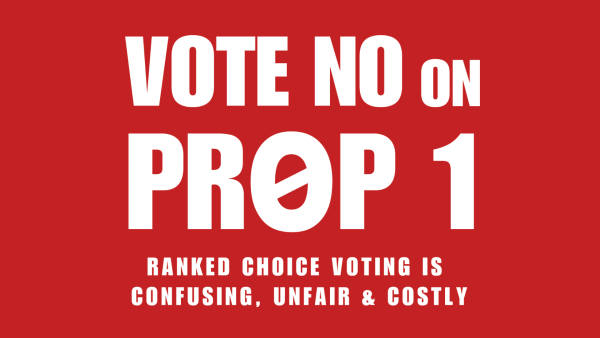CLIMATE STRIKE
Students participated in a climate strike at the beginning of 4th period on May 3rd
During the climate strike on May 3rd, students walked around and picked up trash.
A group of students rallied outside the school earlier this month to participate in a climate strike.
Led by Senior Kaysia Dills and Junior Will Hawkins, students gathered in the parking lot and participated in a trash pick-up, hoping to raise awareness about the necessity of maintaining a clean environment and the effects of climate change.
The Cedar Post interviewed three students who provided their unique outlook on the situation and what the strike meant to them.
Kaysia Dills, Senior

Q: Why are you participating?
A: “I chose to get involved with this because I think we really need action when it comes to climate change and we need to put some incentives into our laws to make people more environmentally conscious or it’s going to be irreversible in 10 years they say.”
Shane Noel, Junior
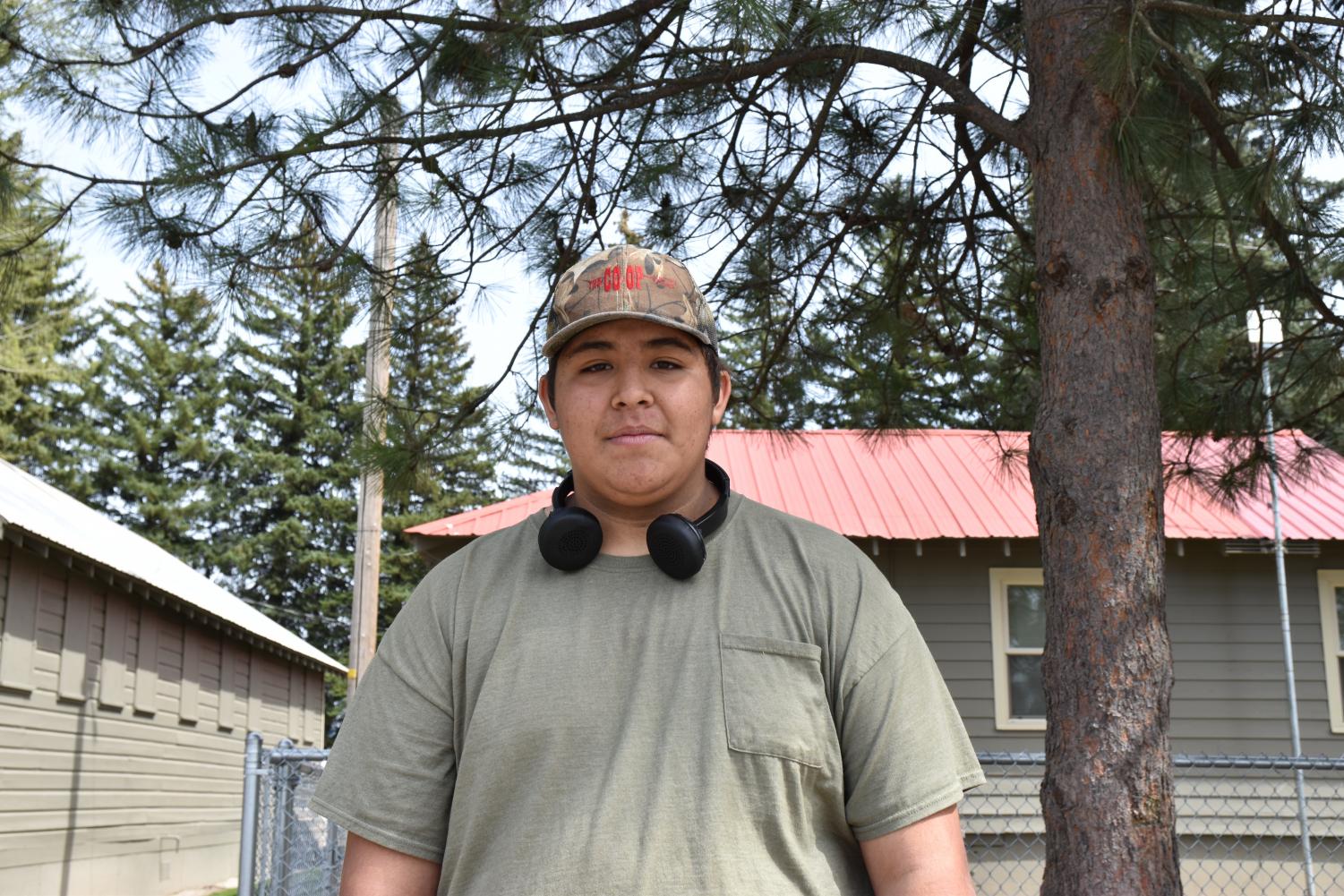
Q: Are you genuinely interested or is this to get out of class?
A: “Both. It’s kind of weird because I’m in Mr. Hasting’s class right now and I’m picking up trash and I also want to get out of his class, so I’m still helping the environment, but not my grade.”
April Radford, Junior
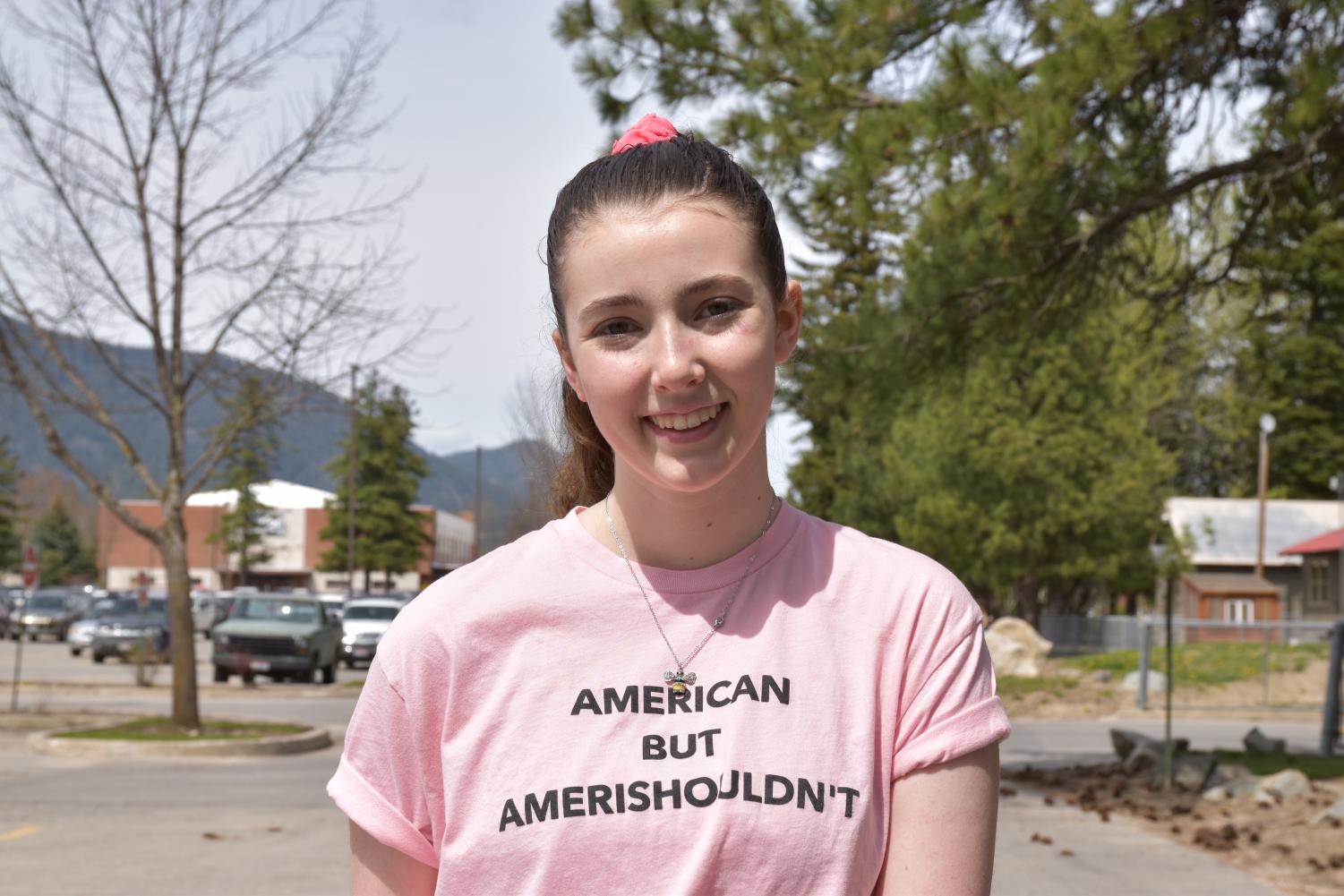
Q: Do you think that [Sandpoint’s climate strike] is really effective in initiating change?
A: “I think it is because it brings more awareness, but at the same time I know that a lot of people think that this is more just to get out of class. …we need to bring awareness to the issue so people take the initiative to learn more about what they can do, like eating less red meat, using used clothes, going to thrift stores. Even in the future, if everyone only had one kid, then at the end of our generation, our population would be down to a sustainable amount. So, the more that people see people like us who are becoming aware, taking the initiative to do something, the more people are going to think “maybe I should learn more about this,” and it’s really just to spark curiosity and give people incentive to make change.”
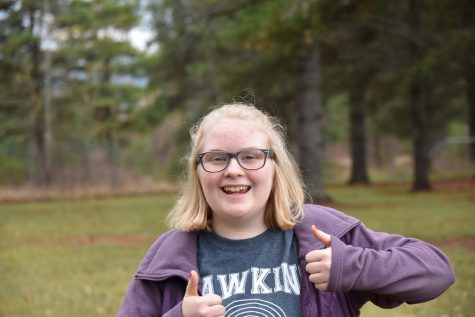
Corinne Capodagli is a senior and it is her second year on staff. Here are some fun facts about Corinne.
What word do you repeat at least 10 times a...

